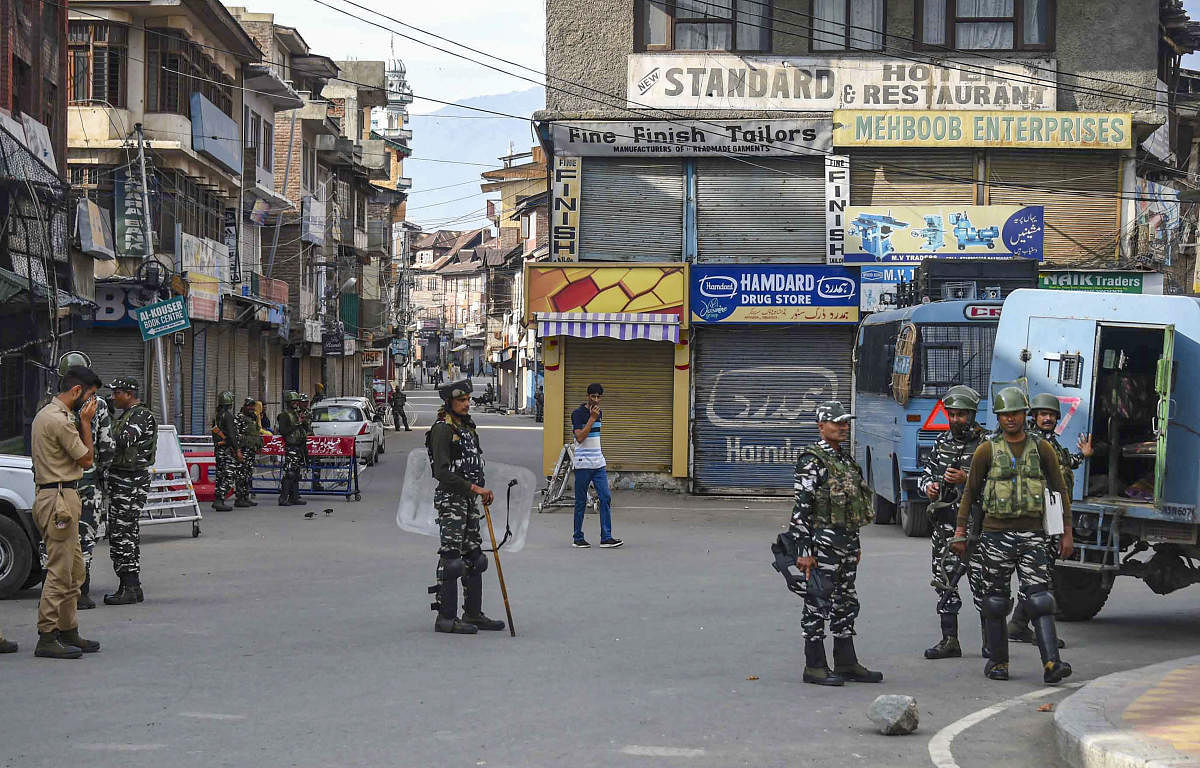
It is a year since the Narendra Modi government announced its decision to revoke Article 370 and 35A of the Indian Constitution. Jammu and Kashmir (J&K) was stripped of its autonomy and the state was bifurcated into two Union Territories: J&K and Ladakh.
The revocation of J&K’s special status and autonomy, its proponents said, would remove the main obstacle in the way of the state’s full integration into the Indian Union. It would correct a “historical blunder,” they said.
An impediment to investment into J&K would be eliminated, thus ushering in economic development. Importantly, Kashmiri separatism, which fed on J&K’s ambiguous status in the Union, would be weakened as would the anti-India militancy. However, a year later, few of these promises have materialised.
Of course, the BJP has been able to claim that with its revocation of Article 370, it has fulfilled a long-standing election promise of the party. And yes, with the enactment of the J&K Reorganisation Act, J&K’s constitutional integration into the Indian Union has happened. All central laws apply to J&K, too, and since it is a UT, the Centre’s control over J&K has tightened as well.
However, has the constitutional integration narrowed the emotional distance between Srinagar and New Delhi? Over the past year, we haven’t seen unrest or protests. Indeed, with almost all of J&K’s politicians and activists in some form of detention, political activity in the Valley has been at a standstill.
Kashmiris have been living under lockdown for over a year now, denied access to Internet and mobile connectivity or even their right to free movement and association.
Their civil and democratic rights have been stamped out. Their economic condition has worsened. J&K’s first year as a fully integrated state of the Indian Union has not been pleasant.
The BJP government’s integration of J&K may have been successful on paper, but otherwise, it has been disastrous. This is because its approach is authoritarian and relies on force. It appears determined to keep a lid on normal democratic political activity until Kashmiri politicians accept the abrogation of J&K’s autonomy as fait accompli and agree to play by its rules.
It is evident, too, that the Modi government is prioritising the BJP’s electoral interests over the country’s long-term interests.
Thus, while it is moving forward on the domicile issue to alter J&K’s demographics, which impact delimitation of electoral boundaries, it appears clueless, and disinterested, in winning the hearts and minds of the Kashmiri people. Silencing Kashmiris cannot be the strategy of a democratic India.